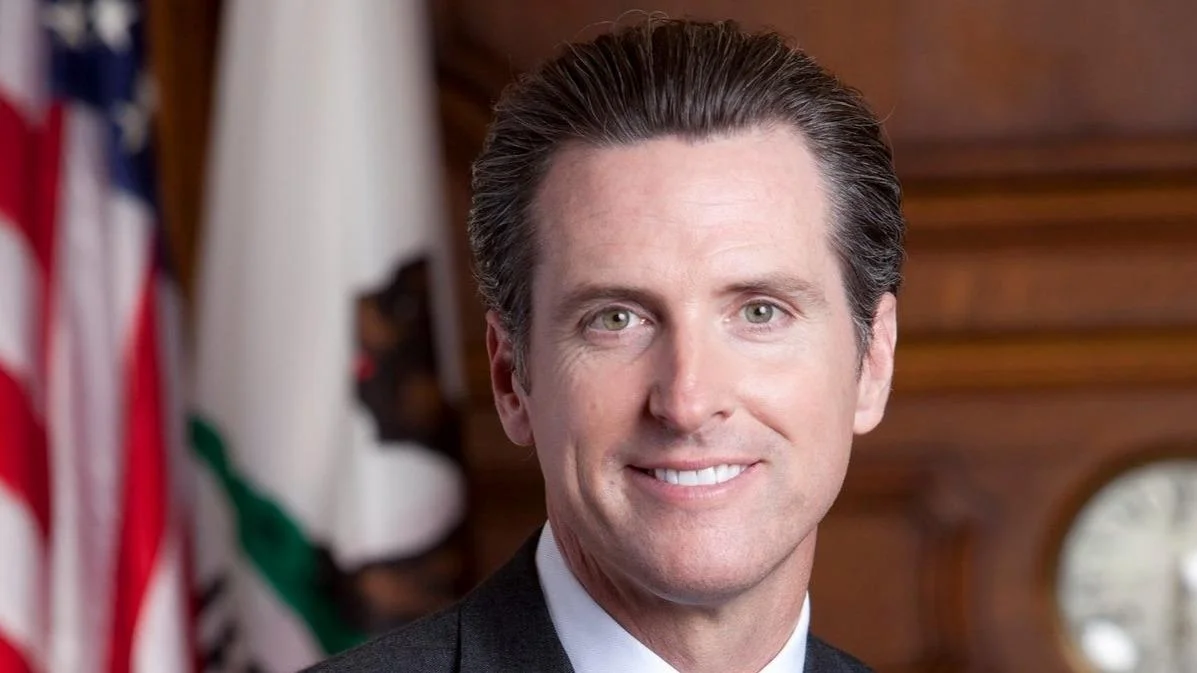
Gavin Newsom, Governor of California | Official website
California has recently been recognized as a leading state for workers, according to a new report highlighting its strong policies on wages, worker protections, and labor rights. The state’s economy remains robust, having surpassed Japan earlier this year to become the world’s fourth largest economy.
Governor Gavin Newsom marked Labor Day by emphasizing California's ongoing efforts to support labor unions and create more job opportunities. “This Labor Day and every day, we advance our work to support labor unions and expand access to good jobs, secure safe and healthy workplaces, and create new pathways for upward mobility. Our economy is thriving because we invest in our people, prioritize sustainability, and believe in the power of innovation. In California, we know what’s good for workers is also good for business, and it’s how we have become the strongest and largest economy in our nation,” said Governor Newsom.
California’s economic growth has outpaced other large states since the COVID-19 pandemic recovery began. The state added more than 3 million jobs since April 2020. Small businesses are a significant part of this growth; California hosts over 4.2 million small businesses—99.9 percent of all businesses in the state—which collectively employ about 7 million people.
The state's business climate is further strengthened by its leadership in sectors such as manufacturing, high-tech industries, agriculture, and venture capital funding.
Governor Newsom’s administration has prioritized initiatives supporting both workers and employers:
- A recent agreement involving Governor Newsom, legislative leaders, SEIU (Service Employees International Union), Uber, and Lyft created a framework aimed at empowering rideshare gig workers while improving service quality.
- Since 2019, California has led apprenticeship programs nationally with over 215,000 registered apprenticeships. The goal is to reach 500,000 apprenticeships by 2029.
- In 2023, California set a $20 per hour minimum wage standard for fast food workers and established the Fast Food Council within the Department of Industrial Relations. Research from Harvard’s Kennedy School and UC San Francisco found that this wage increase resulted in higher pay without reducing employee hours or benefits.
- To help those without college degrees access better careers, Governor Newsom launched the Master Plan for Career Education which includes establishing a "Career Passport" tool so individuals can showcase skills directly to employers.
- Efforts are underway to scale up Credit for Prior Learning (CPL), allowing veterans or military members to translate their experience into college credit.
- Educational requirements have been removed from nearly 30,000 state jobs; application processes have also been streamlined.
- Paid sick leave was expanded to at least five days annually per worker; paid family leave was increased from six to eight weeks with higher wage replacement rates benefiting lower-wage employees.
- New legislation protects warehouse employees from unsafe quotas while ending exploitative pay practices in garment work. Measures were also signed protecting domestic workers’ safety standards as well as ensuring fair wages for workers with disabilities.
Earlier this year saw additional efforts toward regional economic development through implementation funding awarded under the California Jobs First Economic Blueprint—an initiative supporting projects across aerospace & defense sectors among others.
“These steps reflect an approach where investing in workforce welfare goes hand-in-hand with fostering economic growth,” Governor Newsom stated.
 Alerts Sign-up
Alerts Sign-up